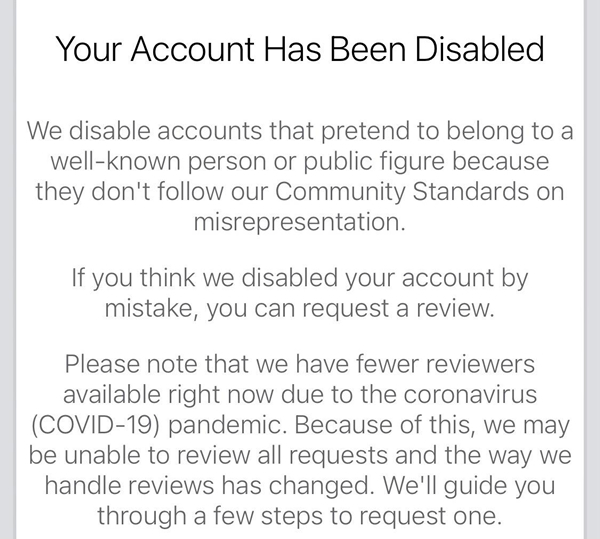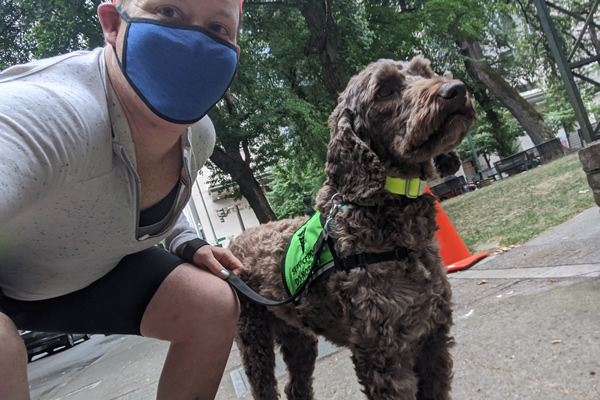Biden administration rescinds abortion global gag rule
President Biden on Jan. 28 axed the so-called global gag rule, a Reagan-era order that restricts U.S. funding and assistance to overseas organizations that offered abortions.
Also known as the Protecting Life in Global Health Assistance policy, the rule prohibited groups that received public funding from the U.S. to offer abortion services or disclose relevant information related to the practice. This applied in countries where the procedure is legal, as well.
In the past, the rule restricted reproductive health and did not extend into other health sectors. But under the Trump administration, restrictions were taken a step further and expanded the barriers to all types of global health funding to non-U.S. NGOs. Because many organizations that provide HIV/AIDS resources also offer reproductive health services, LGBTQ people abroad saw limited access to care. The rule did not dictate what can be done with U.S. dollars, but who can receive the funding, said Beirne Roose-Snyder, the director of public policy at the Center for Health and Gender Equity.
Even if the organization used non-U.S. funds to provide restricted services or information, it would violate the policy, said Roose-Snyder. Also, if the foreign group that receives U.S. funds sub-grants funds to another organization that does not receive U.S. funding itself, the latter organization under the Trump expansion must also comply with the rule.
“The policy poisons the whole foreign organization,” she said. “And it impacts not just what they can do with U.S. money, but it poisons everything they can do with everybody’s money.”
Health organizations abroad had a choice: Take much-needed funds, or bar themselves from providing essential health services, Roose-Snyder said. Nearly $9 billion in funding per year was affected, she said.
“As the largest global health donor, we wield a lot of power,” she said.
LGBTQ and HIV/AIDS service organizations have, by-and-large, praised the Biden administration for the removal of the rule.
“The policy shift will free up millions in U.S. global health funding, enable the US to rejoin the group of countries which champion sexual and reproductive health and rights worldwide, and support life-saving health programs for communities in need,” wrote Jessica Stern, executive director of OutRight Action International, in an emailed statement to the Washington Blade.
Kimberly Frost, co-chair of ILGA North America and the Caribbean, said moving away from the gag rule is a sign the administration is “moving in the right direction.”
“It is showing its commitment to supporting women in all their diversity to claim their rights; it is creating the conditions to properly fund access to sexual and reproductive health and rights information and services, in a ripple effect that would benefit also the HIV/AIDS response,” she said in an emailed statement.
Mark Bromley, chair of the Council on Global Equality, said this memorandum will allow HIV/AIDS programs to be more effective.
“Removing the global gag rule actually strengthens our programs, makes them more effective and brings us closer toward our overall goal of turning the page on HIV and AIDS as a global pandemic,” he said.
The consequences of restrictions
Inevitable gaps in care due to organizational restrictions were “catastrophic” and “deadly,” Roose-Snyder said. At the time of its reinstatement, there was mass-messaging the gag rule would not disrupt access to healthcare abroad. This is a “fiction,” she said.
“Because if you have a gap in HIV prevention, the harm may be people becoming positive,” she said. “And that’s not a one time harm.”
The Center for Health and Gender Equity conducted a case study, Prescribing Chaos, on the effects of the gag rule in several countries, including Mozambique. HIV/AIDS and malaria are the top causes of death in the country, and 13.2 percent of Mozambique’s adult population and 200,000 children are living with HIV, according to the study.
The Mozambican Association for Family Development, or AMODEFA, is one of the largest health organizations in Mozambique, an affiliate of the International Planned Parenthood Federation and long-time recipient of funding from the U.S. Agency for International Development and the President’s Emergency Plan for AIDS Relief (PEPFAR). The organization lost 60 percent of its budget because it could not comply with the rule. Clinics closed, staff was laid off and community advocates providing information about care dwindled as a result.
Mozambique was not a unique situation, Roose-Snyder said. Many countries lose not only clinical capabilities, but the advocacy and relationship-building side of care, she said.
Next steps
Advocacy groups are pushing for legislation to codify the removal of the gag rule to prevent the constant back-and-forth of reinstatement and removal from Democrat and Republican presidents in the future.
The Global HER Act, led by state Sen. Jeanne Shaheen (D-N.H.) several House Democrats was introduced on Jan. 28. This bill would remove the gag rule permanently. It was originally introduced in 2019 by Shaheen and then-U.S. Rep. Nita Lowey (D-NY).
There have been efforts to codify the global gag rule, as well.
U.S. Sen. Mike Lee (R-Utah) sent a budget resolution to the Senate floor on Feb. 3. This resolution was met with immediate opposition from Shaheen.
“The policy in question closes health clinics, decreases care and needlessly puts the lives of women, children and families at risk,” she said on the Senate floor.
Shaheen added a codification of the global gag rule would be “downright deadly” during the global coronavirus pandemic.
Roose-Snyder said because of the nature of the care at hand, resources won’t exactly “bounce back.” Clinics that closed due to the restriction will not reopen, and those who lost access to critical care will not “magically” become better.
But large organizations, such as UNAIDS, are swiftly recognizing the U.S. as a global health resource
“We look forward to working closely with the new United States Administration to ensure that all women and girls can exercise their human rights and get the sexual and reproductive health information and services they want and need,” UNAIDS Executive Director Winnie Byanyima in a press release.

